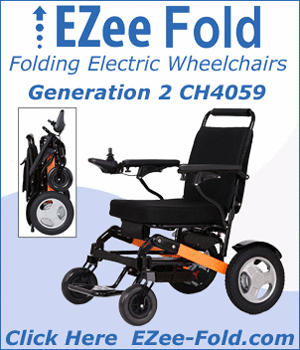Medicaid Health Insurance (USA)
Medicaid is the US health insurance program for individuals and families with low incomes and resources. It is jointly funded by the states and federal government, and is managed by the states. Among the groups of people served by Medicaid are eligible low-income parents, children, seniors, and people with disabilities. Medicaid is the largest source of funding for medical and health-related services for people with limited income.
Medicaid was created on July 30, 1965 and each state administers its own Medicaid program while the federal Centers for Medicare and Medicaid Services (CMS) monitors the state-run programs and establishes requirements for service delivery, quality, funding, and eligibility standards.
Each state may have their own names for the program. Examples include "Medi-Cal" in California, "MassHealth" in Massachusetts, and "TennCare" in Tennessee. States may bundle together the administration of Medicaid with other separate programs such as the State Children's Health Insurance Program (SCHIP), so the same organization that handles Medicaid in a state may also manage those additional programs. Separate programs may also exist in some localities that are funded by the states or their political subdivisions to provide health coverage for indigents and minors.
State participation in Medicaid is voluntary; however, all states have participated since 1982 when Arizona formed its AHCCCS program. In some states Medicaid is subcontracted to private health insurance companies, while other states pay providers (i.e., doctors, clinics and hospitals) directly to ensure that individuals receive proper medical attention.
Although their names are similar, Medicaid and Medicare are very different programs. Medicare is an entitlement program funded entirely at the federal level. Medicaid is also an entitlement program, but it is not solely funded at the federal level. States provide up to half of the funding for the Medicaid program. In some states, counties also contribute funds. One criterion for Medicaid eligibility is being impoverished under the program's guidelines and this plays no consideration in determining Medicare coverage.
While Medicaid and Medicare cover similar groups, there are important differences between them. For example, Medicaid covers a wider range of health care services than Medicare. In 2001, about 6.5 million Americans were enrolled in both Medicare and Medicaid, also known as Medicare dual eligible.
Eligibility
Medicaid is a joint federal-state program that provides health insurance coverage to low-income children, seniors and people with disabilities. While Congress and the Centers for Medicare and Medicaid Services set out the main rules under which Medicaid operates, each state runs its own program. As a result, the eligibility rules are somewhat different in every state, although the framework is the same throughout the country.
Both the federal government and most state governments have made many changes to the eligibility requirements and restrictions over the years. This has most recently occurred with the passage of the Deficit Reduction Act of 2005 which significantly changed rules governing the treatment of asset transfers and homes of nursing home residents. The implementation of these changes will proceed state-by-state over the next few years. To be certain of your rights under the Act you should consult an expert, as the rules are complex. The DRA now requires that anyone seeking Medicaid must produce documents to prove that they are a United States citizen or resident alien.
Budget
Unlike Medicare, which is totally federal, Medicaid is a joint federal-state program. Each state operates its own Medicaid system, but this system must conform to federal guidelines in order for the state to receive matches and grants. The federal matching formula is different from state to state, depending on each state's poverty level. The wealthiest states only receive a federal match of 50% while poorer states receive a larger match.
For more information please visit the US Medicaid web site.
Information on this page has been condensed from: http://en.wikipedia.org/wiki/Medicaid


 Online Vendors
Online Vendors  US Online Vendors
US Online Vendors 
